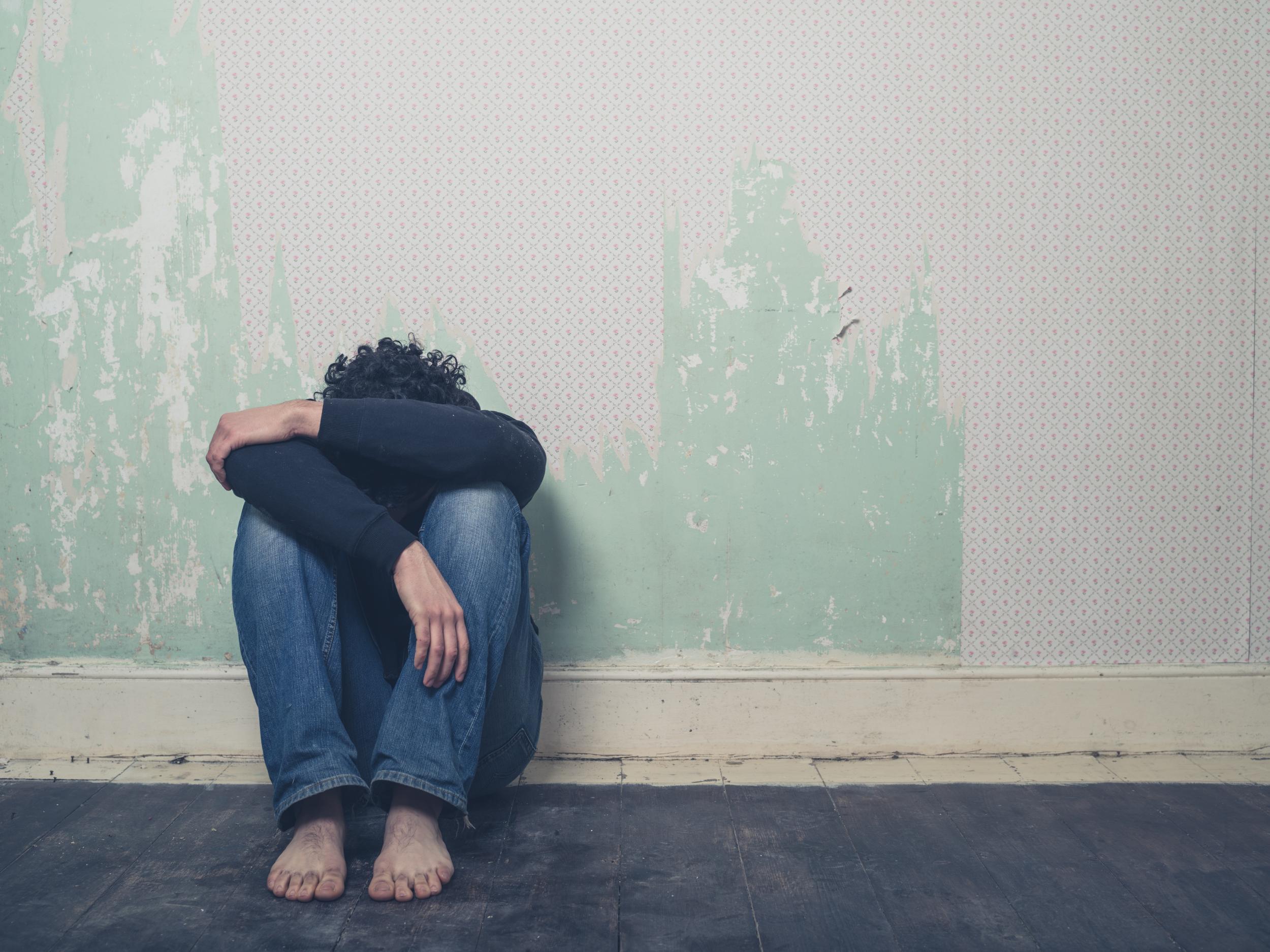‘Heartbreaking’ rise in armed forces suicide rates as more veterans seek mental health support
In 2023 there were seven coroner confirmed suicides, Ministry of Defence data revealed

Your support helps us to tell the story
From reproductive rights to climate change to Big Tech, The Independent is on the ground when the story is developing. Whether it's investigating the financials of Elon Musk's pro-Trump PAC or producing our latest documentary, 'The A Word', which shines a light on the American women fighting for reproductive rights, we know how important it is to parse out the facts from the messaging.
At such a critical moment in US history, we need reporters on the ground. Your donation allows us to keep sending journalists to speak to both sides of the story.
The Independent is trusted by Americans across the entire political spectrum. And unlike many other quality news outlets, we choose not to lock Americans out of our reporting and analysis with paywalls. We believe quality journalism should be available to everyone, paid for by those who can afford it.
Your support makes all the difference.The suicide rate for members of the armed forces rose last year, according to new data from the Ministry of Defence (MoD), with a study finding care often “disjointed” and “uncoordinated”.
Figures released by the MoD on Thursday showed that in 2023 there were seven coroner confirmed suicides, compared to one death in 2018, one in 2019 and six deaths in both 2021 and 2022.
A further 12 additional deaths could result in a suicide verdict after inquests are held, the MoD release said.
It added that suicide rates were highest among males aged 24 and under in the armed forces. In the UK general population suicide is the leading cause of death in men aged under 24.
The MoD’s figures were released just weeks after an urgent study into the mental health services that are provided to military veterans from the armed forces.
One Is Too Many study, a research project carried out by The Northern Hub for Veterans and Military Families Research at Northumbria University, interviewed hundreds of families about the mental health services delivered to family members.
It found that care was often “disjointed” and “uncoordinated”, and did not sufficiently involve family members during the process so they could better support someone suffering from mental health problems. The study called for an urgent review of mental health support for veterans.
Project leader Dr Paul Watson told the BBC said there was a “lack of communication between organisations”.
He added: “But there’s also a lack of communication between organisations and families.
“So there is no kind of joined up working in terms of how we support a person to navigate the system, to enable them to continue to be engaged in care and receive the care that they need.
“The crux of it is, if we want to save lives, then families need to be involved.”
Combat Stress, a charity that provides specialist help to veterans with their mental health issues, described the MoD figures as “heartbreaking” and revealed an increase of referrals for their services in the previous year.
The charity said that between April 2022 and March 2023, 1,375 veterans directly received support from Combat Stress’ specialist staff and of these, 779 were new referrals which represented a 16 per cent increase on the previous year, of 672.
Jeff Harrison, the chief executive officer of Combat Stress, said: “These results are heartbreaking to read, in particular that suicide rates in the regular armed forces are highest among males aged 24 and under.
“This correlates with our own research that shows early service leavers are at higher risk of suicidal thoughts. While suicide thankfully remains a rare event in the UK Armed Forces, one suicide is one too many.
“This data from the Ministry of Defence (MOD) underlines the critical importance of monitoring suicide rates among service personnel in order to establish the most appropriate interventions to prevent more from taking their own lives.
“We have to find a way to persuade anyone wanting to end their life that there is help and support out there for them.”
Samaritans said it receives almost 10,000 calls from members of the armed forces every year and that three-quarters of those contacts are from veterans.
Joseph Walcott, military programme lead at Samaritans, said “People within the Armed Forces community face unique challenges and they may find it harder to access mental health support – both through a lack of awareness of the help available and existing barriers that can stop them reaching out.
“Whilst people serving in the Armed Forces have a lower risk of suicide than the general population, every suicide is a tragedy.”
Anyone can contact Samaritans, free, 24/7, on 116 123, email jo@samaritans.org or visit www.samaritans.org
Join our commenting forum
Join thought-provoking conversations, follow other Independent readers and see their replies
Comments